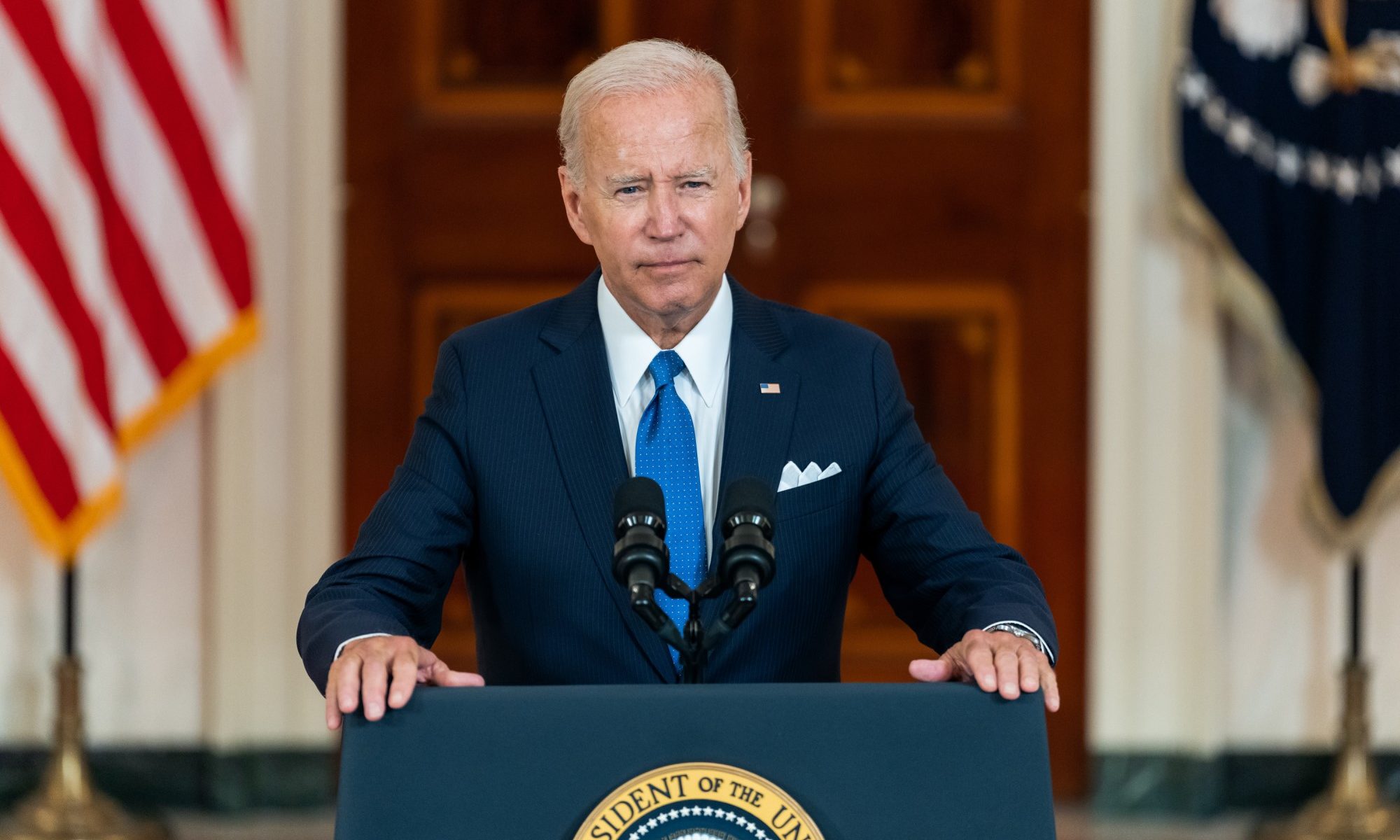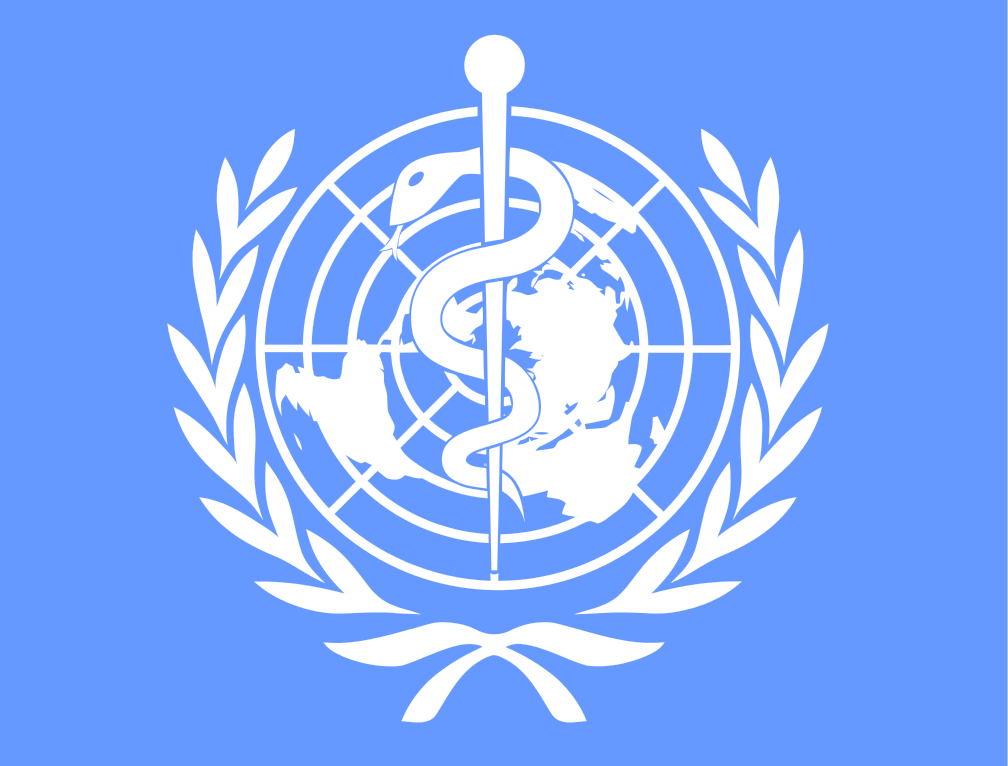President Biden’s recent statement that the pandemic is “over” sparked a flurry of debate as many experts arguing that such remarks are premature and unhelpful. Biden’s own officials have attempted to walk back the remarks, with Anthony Fauci suggesting that Biden simply meant that the country is in a better place now compared to when pandemic first began. Some have even suggested that Biden is simply wrong in his assertion. But was it really wrong to say that the pandemic is over? Does the existence of a pandemic depend on what experts might say? Who should get to say if a pandemic is over? Are there moral risks to either declaring victory too soon or admitting achievements too late?
Following Biden’s statement many of his own COVID advisors seemed surprised. A spokesperson for the Department of Health and Human Services reiterated that the public health emergency remains in effect and that there would be a 60 day notice before ending it. Fauci suggested that Biden meant that the worst stage of the pandemic is over, but noted, “We are not where we need to be if we are going to quote ‘live with the virus’ because we know we are not going to eradicate it.” He also added, “Four hundred deaths per day is not an acceptable number as far as I’m concerned.” Biden’s Press Secretary Karine Jean-Pierre has conceded that the pandemic isn’t “over,” but that “it is now more manageable” with case numbers down dramatically from when Biden came to office.
The World Health Organization also weighed in on Biden’s assertion with WHO Director-General Tedros Adhanom Ghebreyesus stating that the end “is still a long way off…We all need hope that we can—and we will—get to the end of the tunnel and put the pandemic behind us. But we’re not there yet.” When asked whether there are criteria in place for the WHO to revoke the declaration of a public health emergency, WHO representative Maria Van Kerkhove said that it “is under active discussion.”
With nearly 400 deaths in America per day from COVID, and over one million dead in the U.S alone, many have been critical of the president’s remarks.
2 million new COVID infections were confirmed last month and there is still a concern among many about the effects of long COVID with persistent and debilitating symptoms for months after infection. Some estimates suggest that as many as 10 million Americans may suffer from this condition. The virus has also become more infectious as mutations produce new variants, and there is a concern that the situation could become worse.
Critics also suggest that saying that the pandemic is over sends the wrong message. As Dr. Emily Langdon of the University of Chicago noted, “The problem with Biden’s message is that it doubles down on this idea that we don’t need to worry about COVID anymore.” Saying that the pandemic is over will discourage people from getting vaccinated or getting boosters while less that 70% of Americans are fully vaccinated. Declaring the pandemic over also means an end to the emergency funds provided during the pandemic, perhaps even including the forgiveness of student debt.
On the other hand, there are those who defend the president’s assertion. Dr. Ashwin Vasan notes that “We are not longer in the emergency phase of the pandemic…we haven’t yet defined what endemicity looks like.”
This is an important point because there is no single simple answer to what a pandemic even is.
Classically a pandemic is defined as “an epidemic occurring worldwide, or over a very wide area, crossing international boundaries and usually affecting a large number of people.” However, this definition does not mention severity or population immunity. In fact, the definition of “pandemic” has been modified several times after the last few decades and currently the WHO doesn’t even use the concept as an official category. Most definitions are aimed at defining when the problem begins and not where it ends.
This reminds us that while there is an epidemiological definition of “pandemic,” the concept is not purely a scientific term. To the extent that public policy is shaped by pandemic concerns, then a pandemic is also a political concept. The declaration that the pandemic is “over” is, therefore, not purely a matter for experts. As I have discussed previously, there needs to be democratic input in areas of science where expert advice affects public policy precisely because there are also many issues involved that require judgments about values.
Some might suggest that the decision should be entirely up to scientists. As Bruce Y. Lee of Forbes writes, “there was the President of the U.S., who’s not a scientist or medical expert, at the Detroit Auto Show, which is not a medical setting, making a statement about something that should have been left for real science and real scientists to decide.” But this is simply wrong.
Yes, people don’t get a say about what the case numbers are, but to whatever extent there is a “pandemic” recognized by governments with specific government policies to address these concerns, then people should get a say. It is not a matter for scientist to decide on their own.
Many experts have suggested the saying the pandemic is over will lead people to think we don’t need to care about COVID anymore. David Dosner from Columbia University’s Mailman School of Public Health has expressed the concern that Biden’s comments will give a “kind of social legitimacy to the idea of going into crowds, and it just makes some people feel awkward not not doing that.” But ironically, the same experts who profess the need to follow the science, seem to have no problem speculating without evidence. How does anyone know that Biden’s statements would discourage people from getting vaccinated? Is anyone really suggesting that after all this time, the remaining 30% of the country that isn’t vaccinated is suddenly going to drop their plans to get vaccinated because of what Joe Biden said?
There is no good reason why saying the pandemic over would mean giving up our efforts to fight COVID. As noted, the term has no official use. The emergency declarations by the WHO and Department of Health would carry on regardless. On the other hand, despite the case rates, people around the world are returning to their lives. Even Canada recently announced the end to border vaccine mandates. While Fauci may not be comfortable with 400 deaths per day, maybe the American people are. As governments and the public lose interest in treating the pandemic as a “pandemic,” scientists risk straining their own credibility by focusing on what is important to them rather than gauging what the public is prepared to entertain policy-wise.
In an age of polarization and climate change, scientists need to be conscious about public reactions to their warnings. There is a risk that if the public construes the experts’ insistence on the pandemic mindset – despite the worst-case scenarios seeming to be increasingly remote – as ridiculous, then they will be less likely to find such voices credible in the future. When the next crisis comes along, the experts may very well be ignored. Yes, there are moral risks to declaring the pandemic over prematurely, but there are also very real moral risks to continuing to insist that it isn’t.


